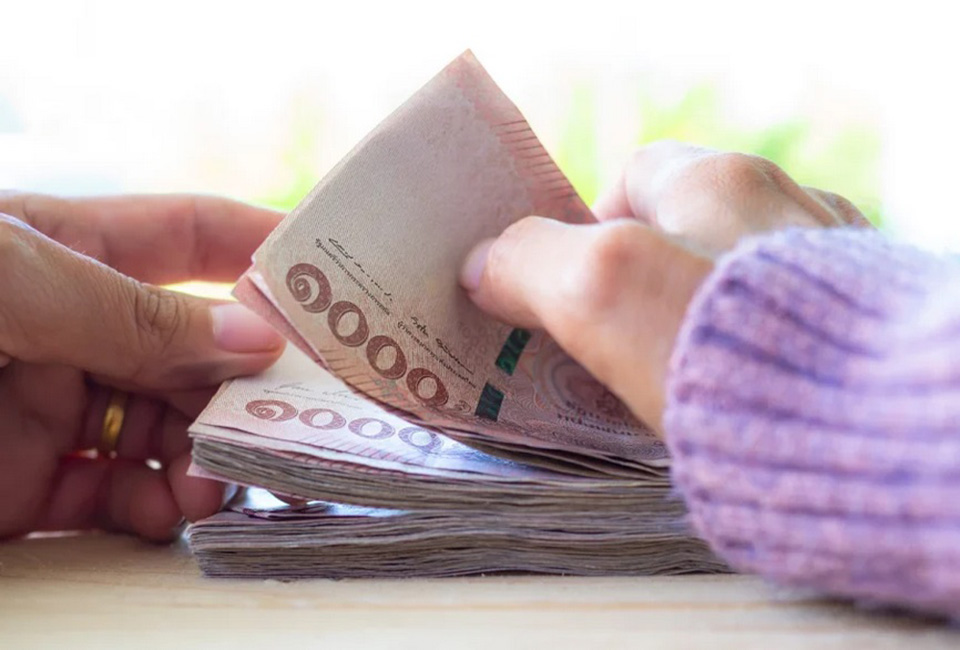
BANGKOK, Thailand – Krungthai GLOBAL MARKETS revealed that the Thai baht opened on October 21 at 33.10 baht per US dollar, strengthening slightly from the previous week’s close of 33.16 baht. The baht is expected to fluctuate within the range of 33.00-33.25 baht per US dollar on the day, and between 32.85-33.45 baht per US dollar throughout the week.
Poon Panichpiboon, a strategist from Krungthai GLOBAL MARKETS, noted that the baht has been appreciating slightly since last Friday, moving sideways down within a range of 33.08-33.19 baht per dollar. This appreciation is partly due to the continued rise in gold prices, fueled by uncertainties surrounding the US election and ongoing tensions in the Middle East.
The US dollar, on the other hand, has faced selling pressure as investors take profits following its previous rise. The dollar has also been weighed down by the rebound of major currencies, especially the Japanese yen (JPY), as the yield gap between US and Japanese 10-year bonds narrowed. Investors have been increasing their long positions in yen, waiting for opportunities to “buy on dip” when the yen weakens.
However, the baht’s appreciation has slowed around the 33.10 level, as some market participants buy US dollars, possibly due to oil purchasing transactions, following the continued decline in oil prices. Brent crude is hovering near $73 per barrel, while WTI is around $69 per barrel, levels last seen in late September.
Despite the US dollar’s recent strength, the baht managed to strengthen towards the end of last week, driven by a rise in gold prices.
Looking ahead, key data to watch include the PMI reports from major economies, the outcome of Japan’s elections, and earnings reports from listed companies. While the baht may appreciate slightly if gold prices continue to rise, its overall outlook remains weak unless it can break through the 33.00 baht per dollar threshold convincingly. Investors should also monitor the direction of the Chinese yuan and commodity prices, especially gold and crude oil.
The baht could face additional pressure from foreign investors selling Thai assets, particularly stocks, as the SET Index may undergo a short-term correction.
As for the US dollar, it is expected to remain volatile, with its movement largely depending on upcoming US economic data. The dollar may also gain support from market uncertainty surrounding the US election, with some participants increasing the odds of a potential Donald Trump victory.








